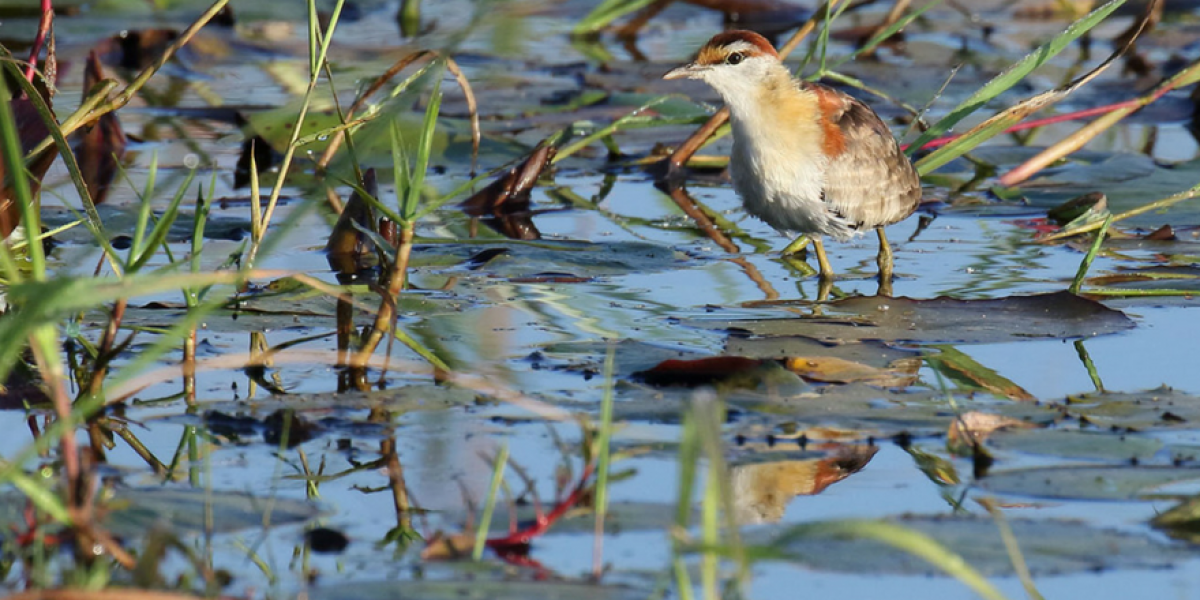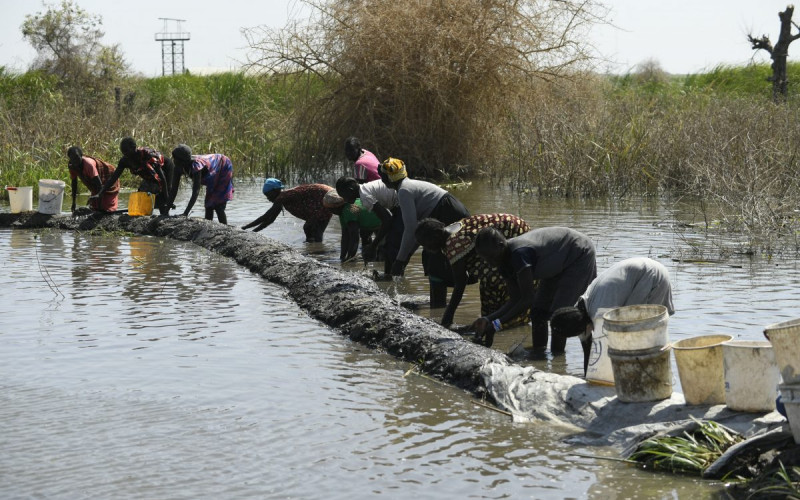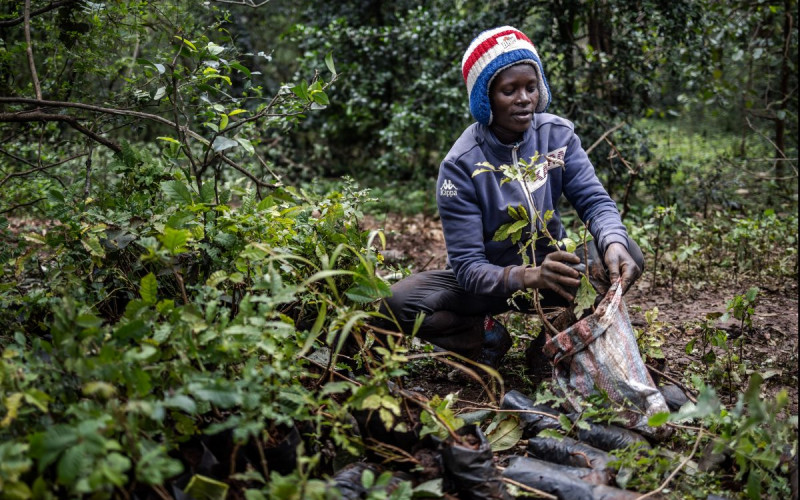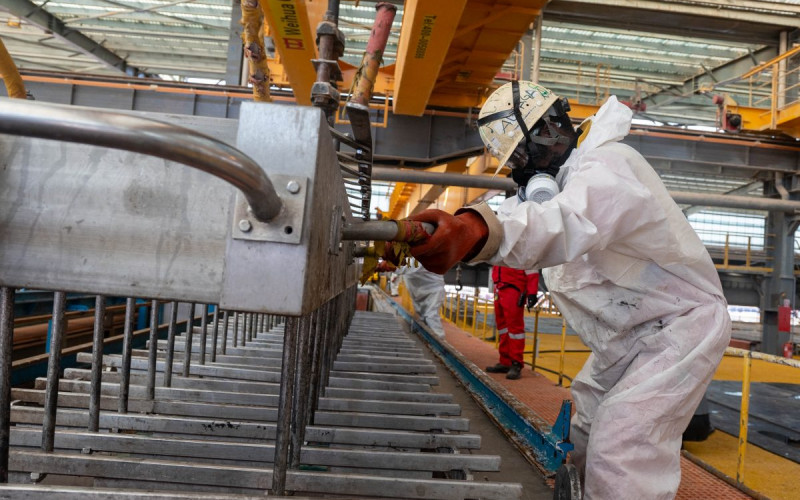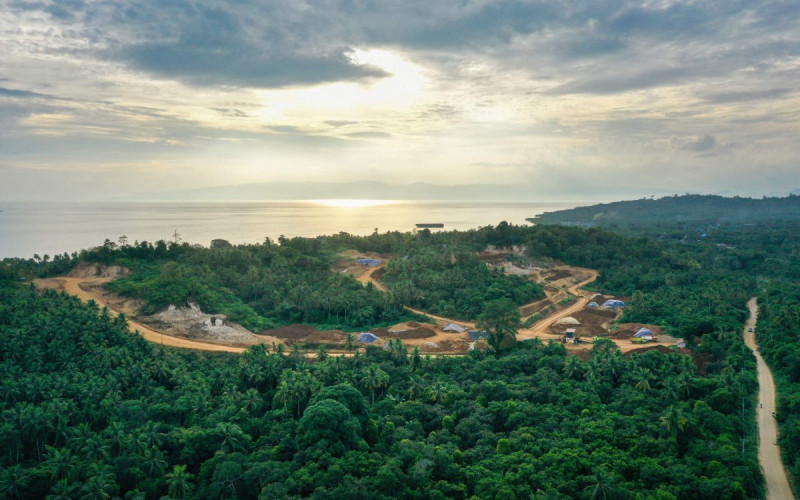In recent decades the international community has begun to support protected area (PA) governance systems that demonstrate the combined effort to achieve biodiversity and conservation goals while promoting the sustainable use of natural resources and job creation. If effectively managed and equitably governed, PAs can operate as economic institutions, providing monetary and non-monetary benefits to support Africa’s development priorities. In order to enhance their socio-economic contribution, it is necessary to use measurable instruments that highlight PAs’ values beyond biodiversity, demonstrating their income-generating potential and contribution to sustainable land-use. If accounted for appropriately, these economic benefits can secure support for the creation, continued existence and expansion of PAs, and inform decisions about the management priorities of conservation zones and the broader landscape. New, innovative approaches are required to increase PAs’ financial contributions to communities, including through public–private eco-tourism ventures, certification and fair-trade schemes for wildlife products, and monetary rewards for their non-market, ecosystem services.

